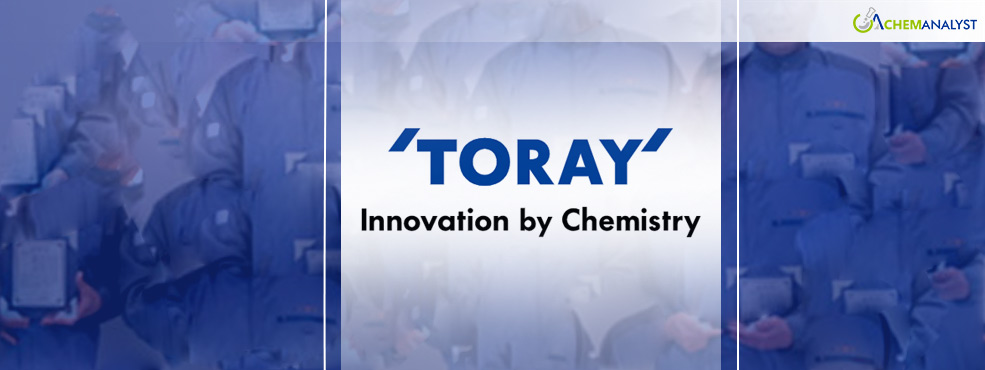Welcome To ChemAnalyst

Toray Industries announcement of a novel chemical recycling technology for nylon 66 marks a significant advancement with far-reaching implications for the chemical industry and its commitment to sustainability. This breakthrough addresses a critical challenge in the recycling of high-performance polymers, paving the way for a more circular economy and reduced environmental impact.
Nylon 66, renowned for its strength and heat resistance, is a cornerstone material in various industries, particularly automotive manufacturing. Its use in components like airbags, tire cords, and engine parts underscores its importance in modern vehicles. However, the increasing regulatory pressure for recycling end-of-life nylon 66 products, especially in regions like Japan, has created a pressing need for efficient and effective recycling solutions.
Toray's innovative technology tackles this challenge head-on by employing subcritical water in the depolymerization process. This method allows for the rapid breakdown of nylon 66 into its monomer components, hexamethylenediamine and adipic acid, in a matter of minutes. This represents a significant improvement over traditional recycling methods, which often involve lengthy processes and lower yields.
The use of subcritical water is a key differentiator for Toray's technology. By minimizing side reactions, this approach ensures high purity and yield of the recovered monomers, which can then be used to create virgin-quality nylon 66. This closed-loop process significantly reduces reliance on fossil resources and minimizes waste, contributing to a more sustainable lifecycle for nylon 66 products.
The environmental benefits of Toray's technology are substantial. The company estimates a potential reduction of up to 50% in carbon dioxide emissions compared to conventional petroleum-based nylon 66 production. This aligns with the growing global emphasis on decarbonization and the chemical industry's responsibility in achieving a low-carbon future.
Toray's strategic focus on the automotive sector for its initial implementation is a logical step, given the significant volume of nylon 66 used in vehicle manufacturing. By establishing a framework for quality verification and customer applications by 2025, and with full-scale production anticipated by 2030, Toray is well-positioned to meet the evolving regulatory landscape and the increasing demand for sustainable materials in the automotive industry.
Beyond automotive applications, Toray's commitment to expanding this technology to nylon 6 and other industrial sectors, including apparel and electronics, demonstrates its broader vision for a circular economy. This ambition aligns with the company's Sustainability Vision for 2050, which emphasizes carbon neutrality and the creation of a recycling-oriented society.
For the chemical industry, Toray's breakthrough serves as an inspiration and a testament to the power of innovation in addressing sustainability challenges. By pioneering advanced chemical recycling technologies, Toray is not only reshaping the future of nylon but also setting a new standard for responsible manufacturing and resource management. This development underscores the critical role of the chemical industry in driving the transition to a more circular and sustainable future, where materials are valued and reused, minimizing environmental impact and maximizing resource efficiency.
We use cookies to deliver the best possible experience on our website. To learn more, visit our Privacy Policy. By continuing to use this site or by closing this box, you consent to our use of cookies. More info.
